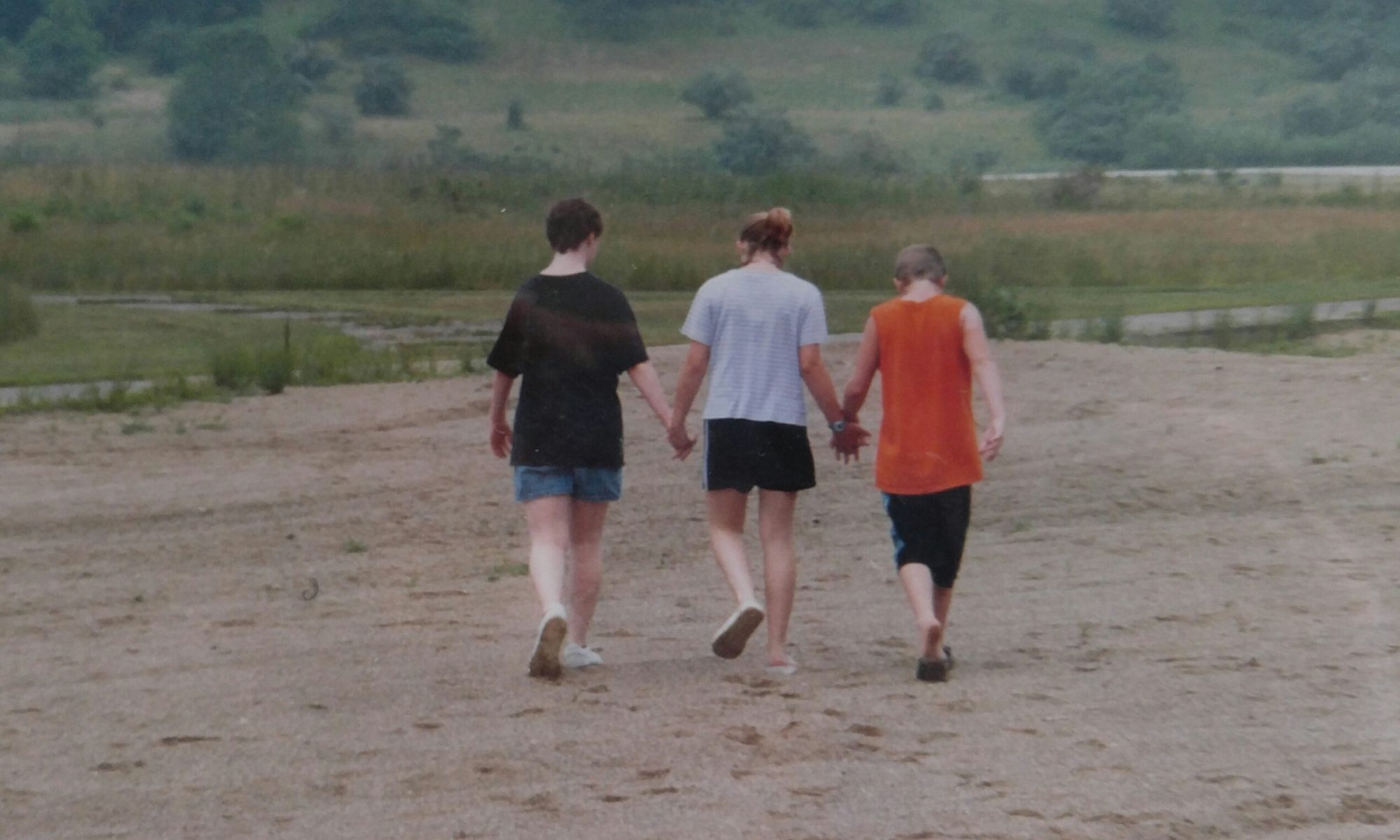
Teaching Casey and Rob the value of money has always been a struggle. They can both name all of the coins and can look at bills and say read the number on them, but understanding the value has always been hard for them. It’s hard for many people, not just those with autism. I remember Mandy telling me when she was 4 or 5 to “just use a credit card, Mommy” when I told her I didn’t have the extra money to go to McDonald’s like she wanted.
Every time we go to a store, I remind them how much money they have to spend. And, usually, it’s not an issue, but Rob struggles more with wanting more expensive items. He likes the big train sets and big boxes of Legos and can’t understand why he can’t have them every time he wants one. Casey tends to look for smaller items – socks, coloring books, etc.
Yesterday was a good example of a learning experience for Rob. They each had $50 to spend on our shopping trip. We went to Hobby Lobby and they both got everything they wanted – pipe cleaners, construction paper, coloring books and crafts kits. Both of them had plenty of money to go to another store. The problem came when Rob spotted Uno cards and wanted six packs – at $6.50 each. I reminded him he didn’t have enough money, but he could get two packs.
But – if he only got two packs, it left the stacks of cards in the stores with uneven numbers (a new thing of his OCD – all stacks in the stores must be equal and if they aren’t, he insists on buying the “extra” ones so the piles are even!) so he put them all back and grabbed a pack of stretchy tubes. All was fine until we walked a little farther and he saw a train set – and he wanted it. He ran to put back the tubes and grabbed the train set. It was $55. I reminded him he didn’t have enough money and that he needed to put it back.
For someone who says very little, he got his point across – he wanted the set and he was going to get it. So I had to keep reminding him he didn’t have enough money and he had to put it back. He even tried to put it in Mandy’s cart to convince her to buy it for him. She said no and for him to put it back. He finally did, went back and got his tubes and started walking again – only to spot a box with loose train cars. He grabbed the whole box (they were $5 each and there were probably 10 or 12 in the box) and put his tubes back.
He was very determined to get these. I told him he had money to get three of them, but not the whole box. He tried to intimidate me (HA!) by rocking and humming. He was anxious and he wanted those cars. I told him he could get three or zero. Those were his choices. He was not pleased. After a few minutes (I really think he was hoping Mandy would buy them for him!), he put them back on the shelf and grabbed his tubes.
Then he saw a small box of Legos. I told him he had the money to get those so he grabbed the box. But as we were walking he spotted another pack of Uno cards and grabbed those (These were special edition ones that were $12) So we had to talk again about how much money he had and what his choices were. After putting the Legos back and grabbing the cards, then deciding he wanted the Legos and not the cards, we finally made it to the front of the store where he wanted a pack of construction paper.
He had the money, so I told him to get a pack, but then he realized that if he took one pack, the stacks wouldn’t be even so he put it back and straightened the piles up. We finally made it to the checkout only to have Casey dart away to check another spot for coloring books.
I’ll be honest. I felt terrible about Rob not getting the train he wanted so badly. Part of me wanted to give in and tell him I would buy it for him. A big part wanted to do that, but – another part was saying he needs to learn that we don’t always get what we want. That sometimes, you just don’t have the money or it might rain and cancel plans or you might be having sloppy joes for supper instead of tacos.
It’s a hard, hard lesson for all of us to learn. Autism or not, we want what we want when we want it. Casey used to throw herself to the floor kicking and screaming if she didn’t get what she wanted. While Rob has never done that, sometimes his disappointment is even harder to handle.
But – it’s my job as mom to teach them about money. They may never be able to handle their own money, but they are capable of understanding they can’t always get what they want. It’s my job, autism or not, to help them understand life isn’t always perfect. And, let me tell you – that lesson sucks. I want to give all of my kids everything they want. It’s a huge struggle for me to not spoil them all.
So – we’ll keep talking about money and we’ll keep talking about what we can and can’t buy. And I’ll keep telling them both how proud I am of their choices and that I know it’s hard to choose when you want lots of things. That’s all any of us can do.









